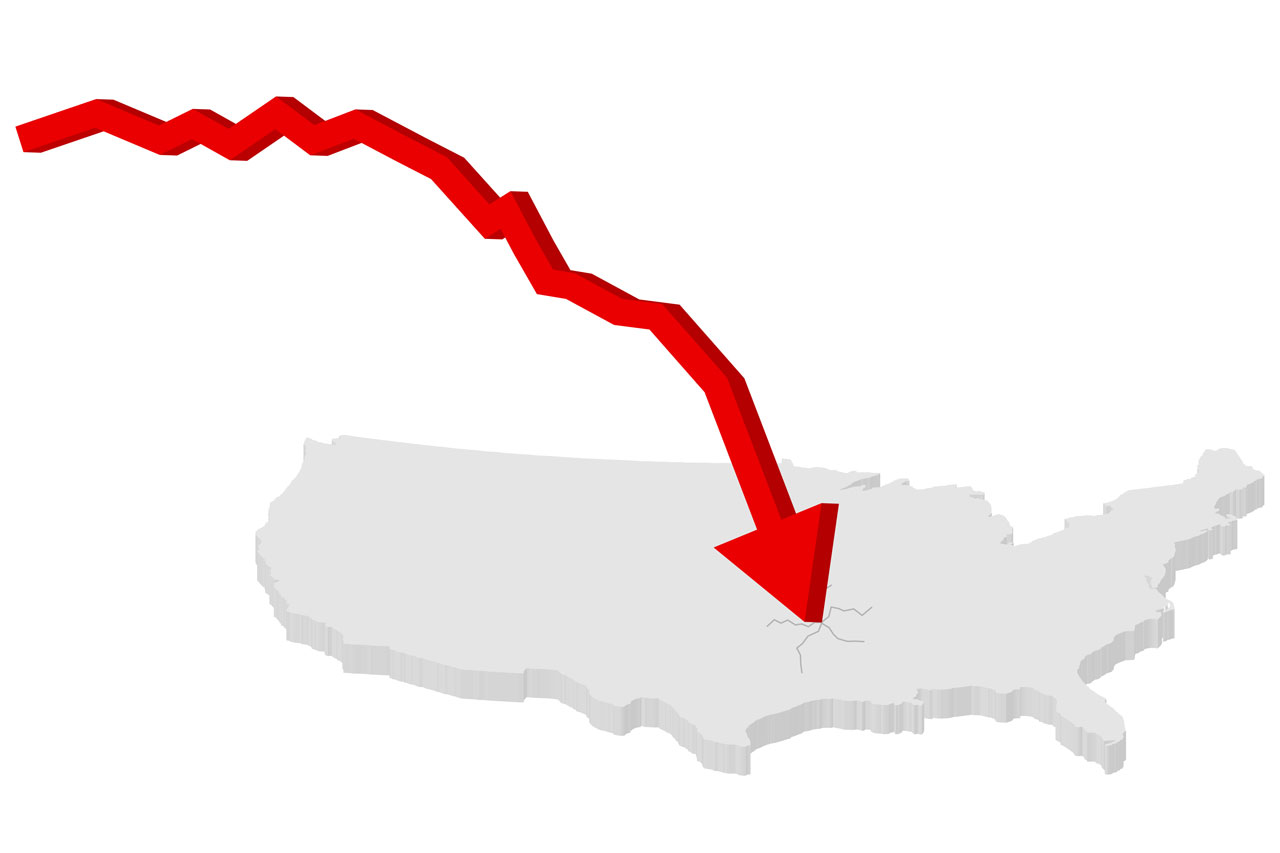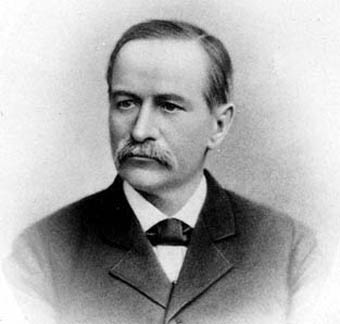When a person acquires a fortune, whether by his own merit or inheritance, two roads lie before him: He can take the arduous road to secure for himself, or his descendants, an entrance into the traditional elites; or he can take the easy path, becoming a toad.
Panics, Manias and Crashes: A Constant in Modern Economy
Written by Gary Isbell* Frenetic Intemperance is a term coined to describe a restless and reckless spirit inside certain sectors of modern economy that foments a destabilizing drive to throw off legitimate restraints and gratify all desires. The term is explained in the soon-to-be-released book, Return to Order: From a Frenzied Economy to an Organic … Read more











